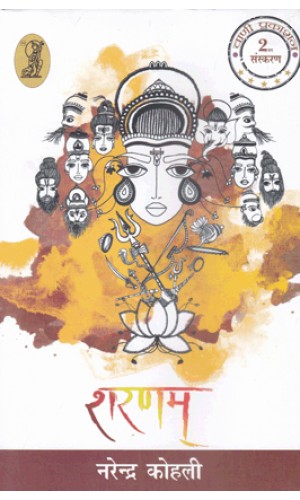


M: If, after surrendering, one still has this desire, then surrender has not been successful. Q: Sri Aurobindo wants to bring the power of God into the human body. Just as the I-am-the-body consciousness prevents one from attaining Self-knowledge, in the same way, one who has got the conviction that he is not the body will become liberated even if he doesn’t desire it.

Anyhow, one has to give up identification with the body. To wish for a long stay of that disease is not the aim of the jnani. Q: Sri Aurobindo believes that the vijnanamaya sarira will not be attacked by disease, will not grow old, and will not die without one’s desire. M: Self-knowledge can shine very well in the human body, so there is no need of any other body. Therefore the vijnanamaya sarira in which Self-knowledge can work naturally must be brought down on this earth. Establishment in the Self, according to him, is not perfectly attained in a human body, for Self-knowledge does not operate there in its natural way. Sri Aurobindo believes that the human body is not the last on this earth. Just consider how Sri Krishna surrounded by gopis (girls who tend cows) is a brahmachari! Such is the mystery of Jivanmukti! A Jivanmukta is one who does not see anything separate from the Self.īHAGAVAN DISCUSSES AUROBINDO WITH SWAMI MADHAVATHIRTA Even Suka (a celibate, son of Sage Vyasa) dared not touch the child.įinding no one among the reputed saints bold enough to touch the child, Sri Krishna touched it, saying, “If I am eternally celibate may the child be brought to life.” The child began to breathe and later grew up to be Parakshit.

Sri Krishna said, “If the child be touched by one eternally celibate (nityabrahmachari) the child would be brought to life.” None of the Sages present dared to come forward. The Sages round about wondered how Krishna was going to save the child from the effect of the arrow (apandavastra - to destroy the Panadava dynasty) of Ashwattama. The ladies cried and appealed to Sri Krishna to save the child. Sri Bhagavan warned the hearers against the mistake of disparaging a Jnani for his apparent conduct and cited the story of Parikshit, the son of Abhimanyu and Uttara (story in the Mahabharath).


 0 kommentar(er)
0 kommentar(er)
